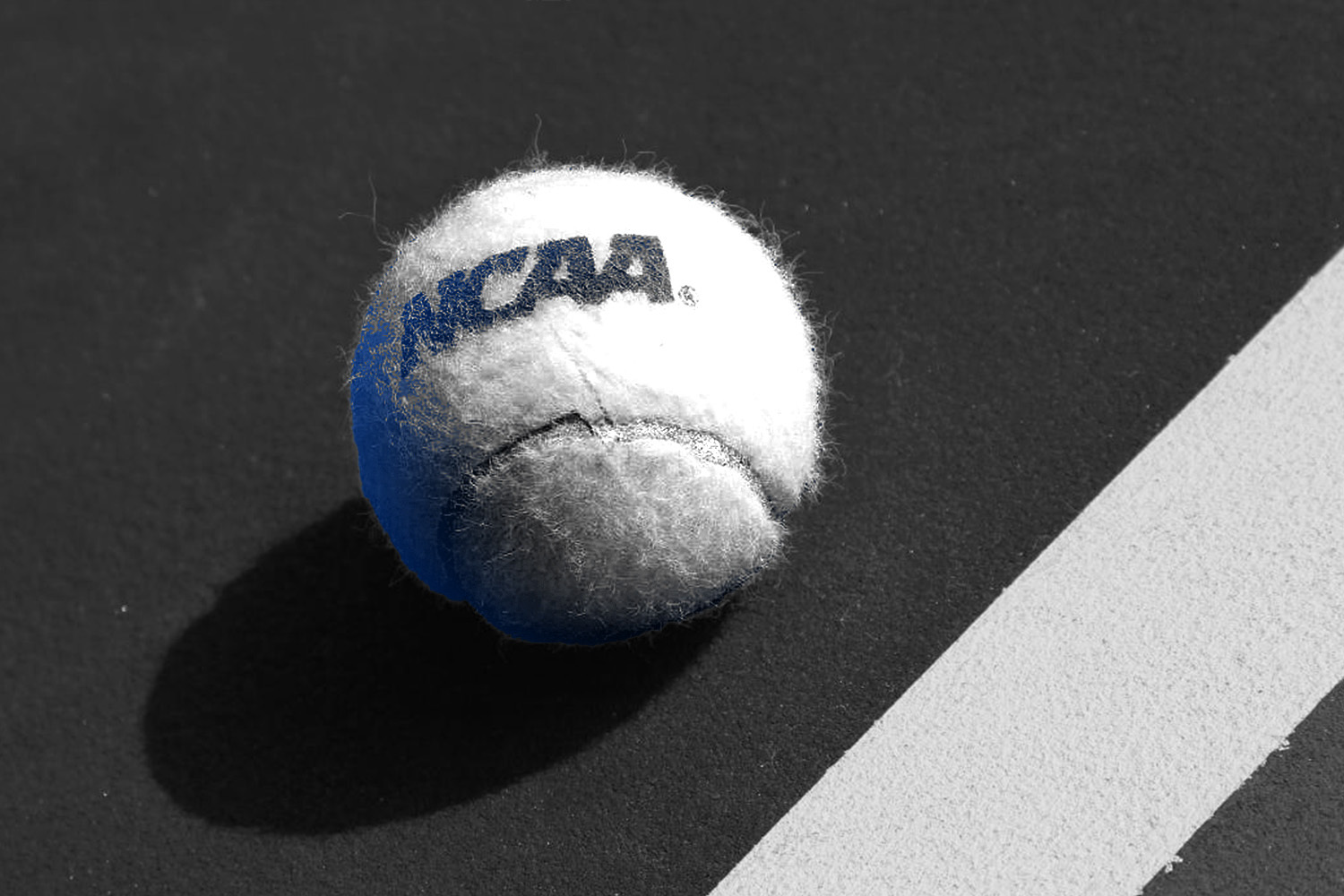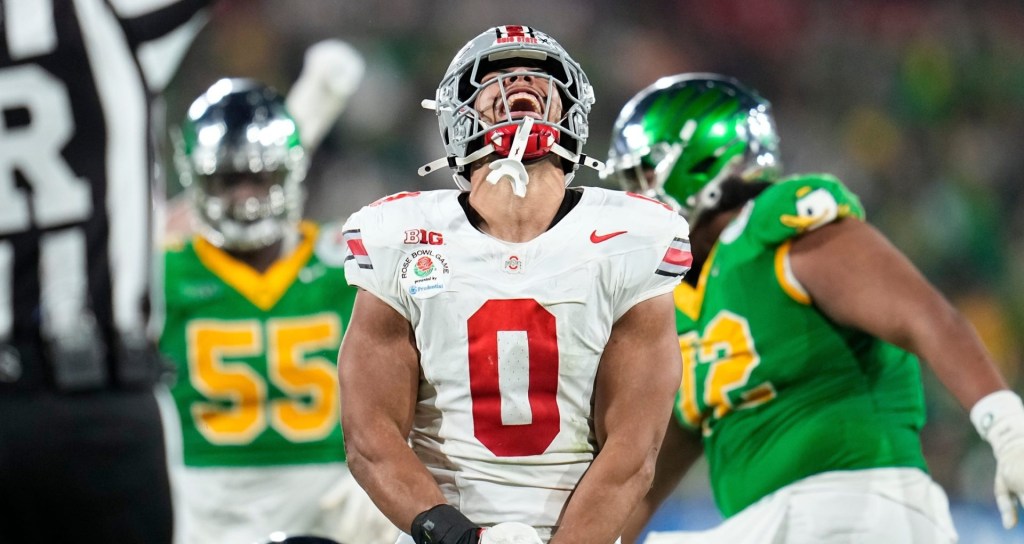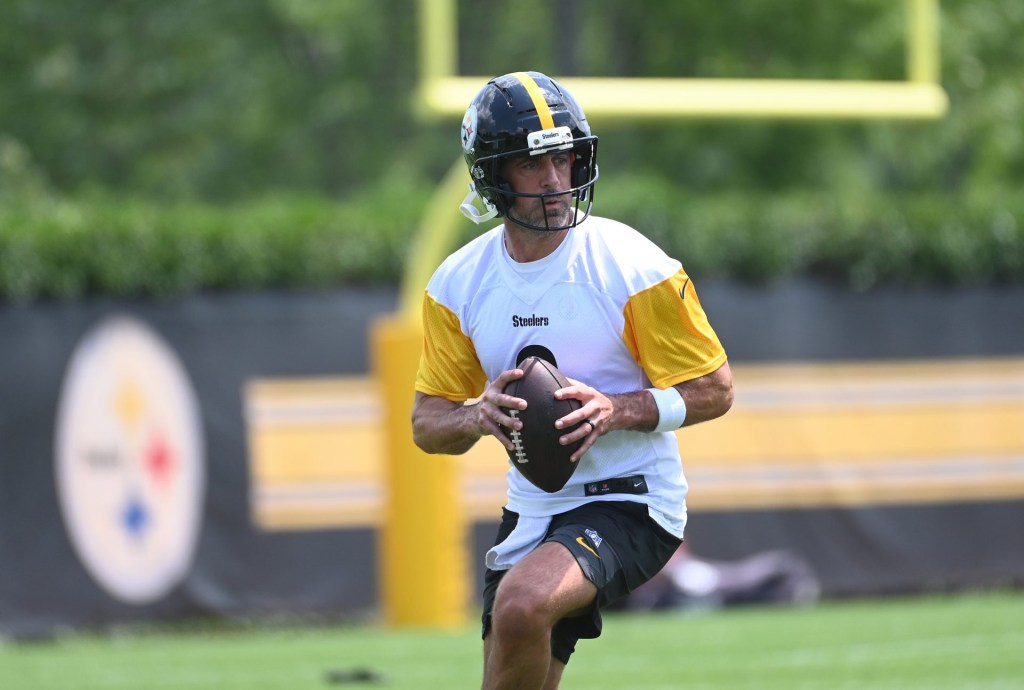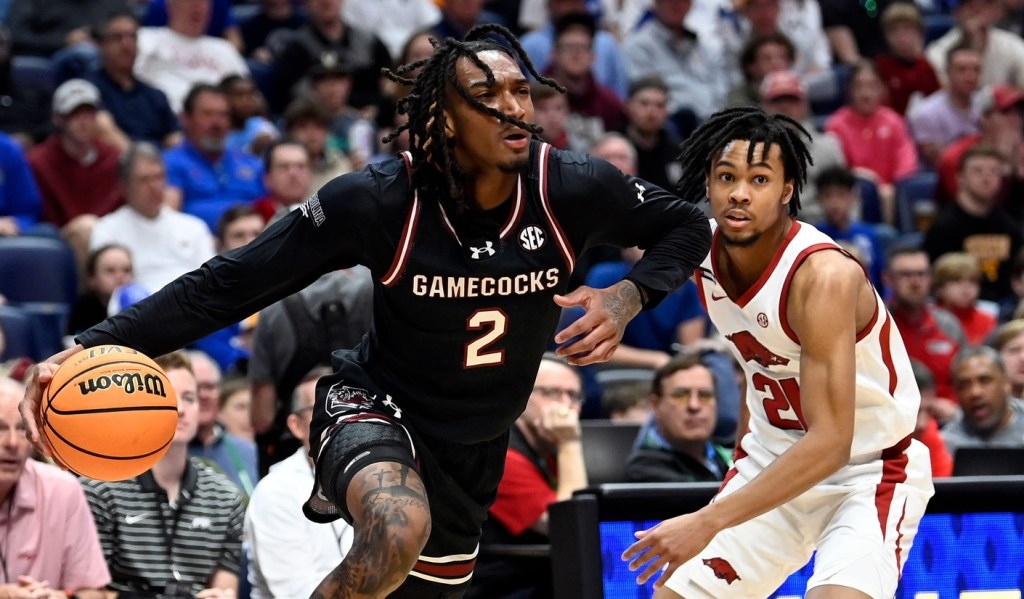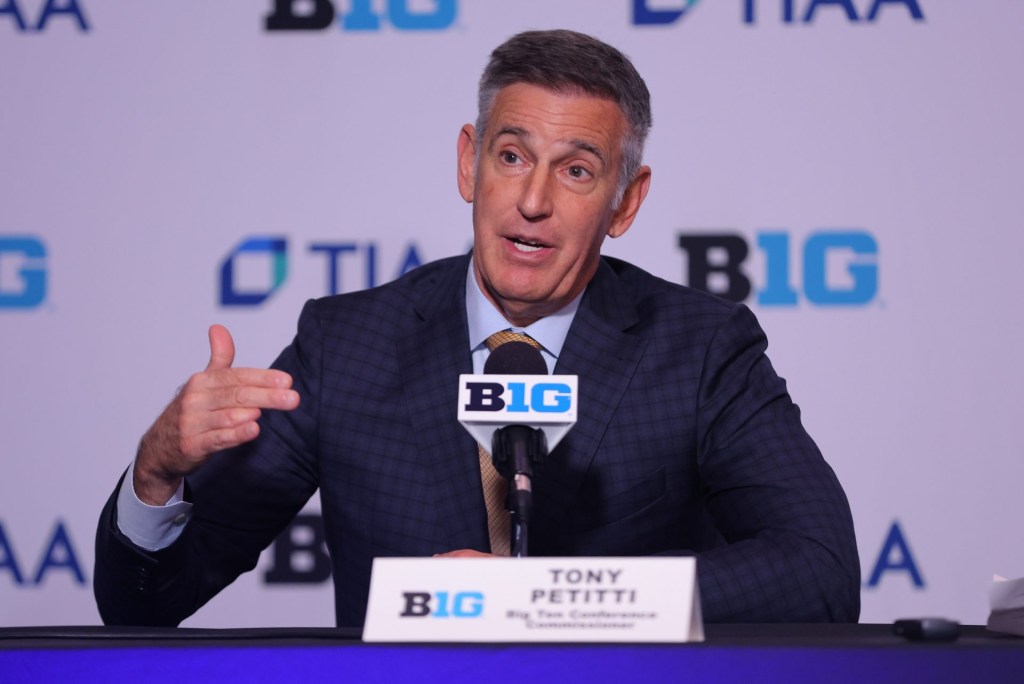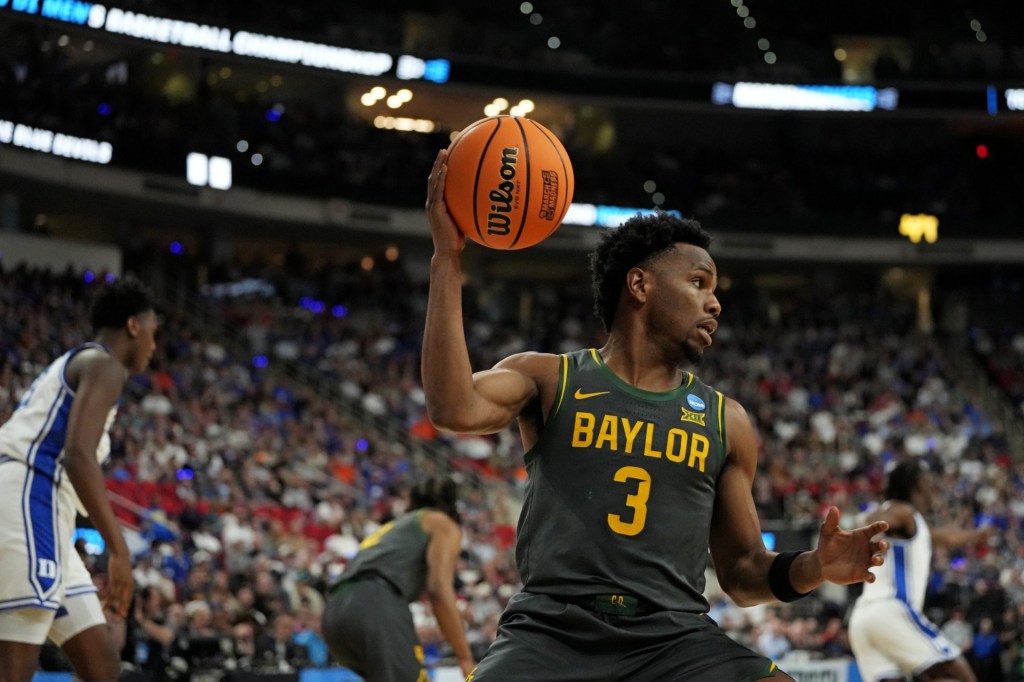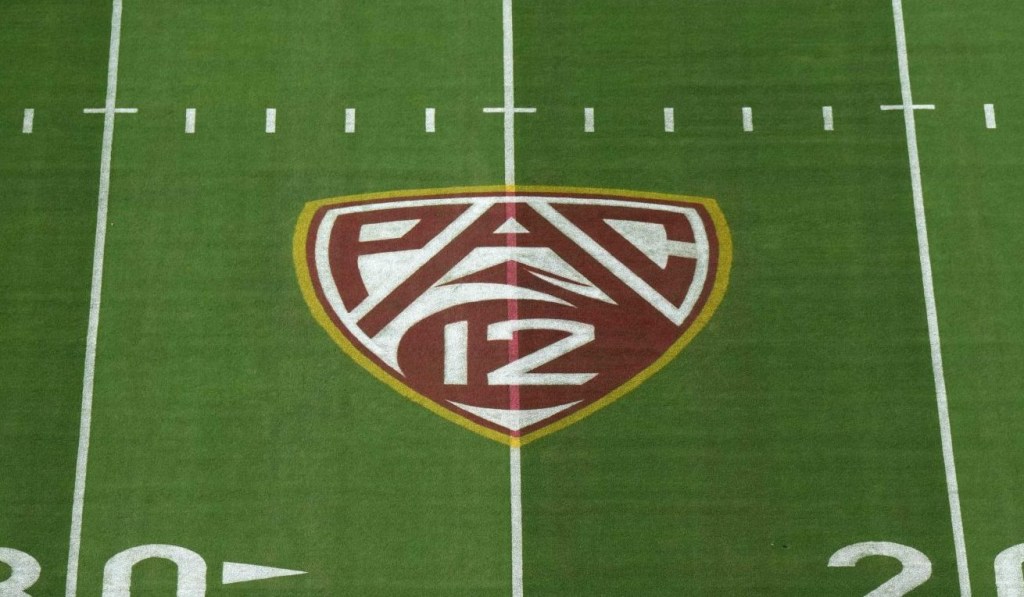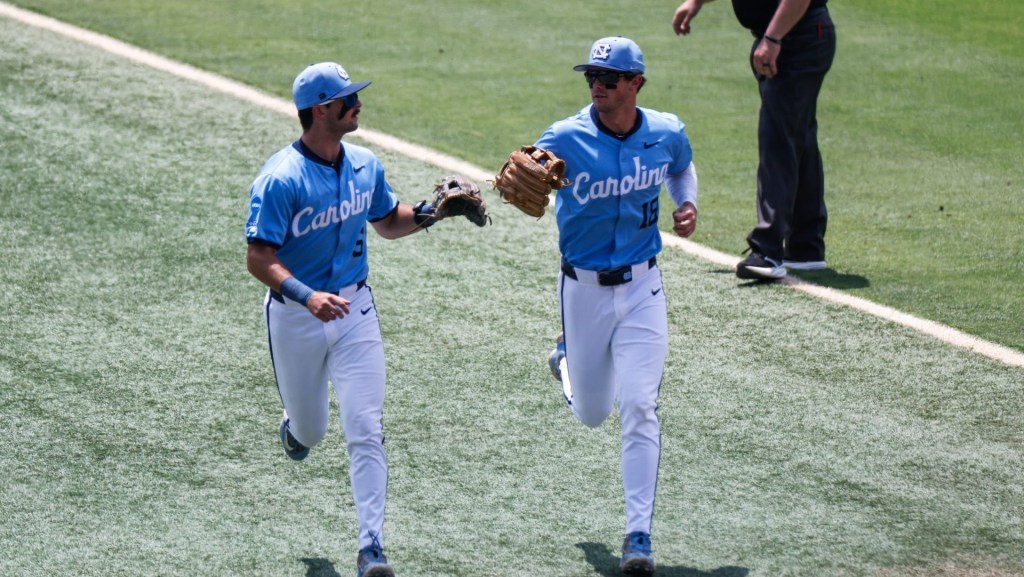Just two weeks ago, the NCAA suspended Illinois center Kofi Cockburn for profiting off NIL one month before rules took effect. Now, it’s affirming a decision to punish athletes for unknowingly receiving an extra benefit.
The governing body appears hell-bent on penalizing athletes for things the public — and perhaps the law — doesn’t consider a crime.
Here’s why the Supreme Court might not agree with the UMass infraction:
- The Alston decision found it was illegal for the NCAA to cap education-related benefits for Division I football and basketball players.
- Since, multiple conferences said they would not limit benefits for any sport.
- The NCAA could argue that these should be classified as financial aid rather than educational benefits, Kennnyhertz Perry sports attorney Mit Winter noted on Twitter.
- So it’s unclear whether this would technically violate the Alston decision.
The spirit remains the same: Supreme Court justices, the NCAA, and conferences no longer support capping athlete benefits related to attending school. But UMass was punished anyway.
“If our case is one of the many instances that propels college athlete empowerment forward then I will focus on that silver living,” former UMass tennis player Brittany Collens told FOS.
“We need situations like this, where the NCAA shows just how far they are willing to go to keep their flawed system running, to keep holding power and making money.”
